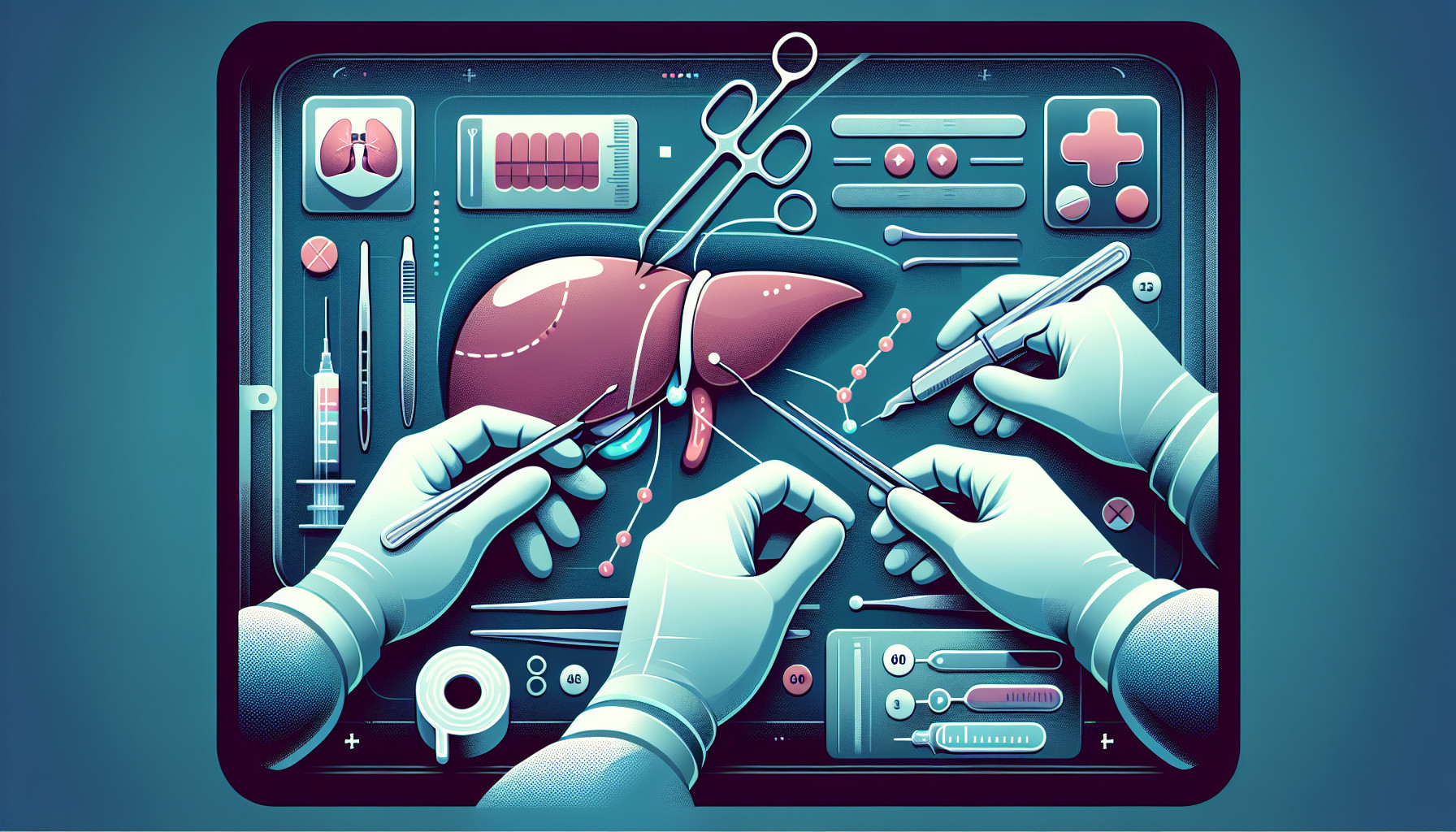Our Summary
This research paper explores the relationship between fibrosis, inflammation, macrophages (a type of white blood cell), and nonalcoholic steatohepatitis (a type of liver disease).
Nonalcoholic steatohepatitis, often called NASH, is a liver condition that’s similar to the kind of damage that’s seen in heavy drinkers. However, in this case, the disease occurs in people who don’t drink a lot of alcohol.
The paper delves into how inflammation and the presence of macrophages (cells that consume harmful bacteria and viruses) might contribute to the development of NASH. The study also investigates the role of fibrosis (a process where the liver becomes excessively scarred) in this disease.
In simpler terms, the research is trying to better understand why some people get a specific kind of liver disease, even when they don’t drink alcohol. The scientists are looking at whether the body’s own defense mechanisms might actually be contributing to the disease.
FAQs
- What conditions can a liver biopsy help diagnose?
- How does a liver biopsy help in understanding the state of inflammation in the liver?
- What role do macrophages play in nonalcoholic steatohepatitis as understood through liver biopsy?
Doctor’s Tip
One helpful tip a doctor might tell a patient about liver biopsy is to avoid taking blood-thinning medications or supplements for a certain period of time before the procedure to reduce the risk of excessive bleeding during the biopsy. Additionally, they may advise the patient to fast for a few hours before the procedure to ensure accurate results. It is important to follow all pre-procedure instructions provided by the healthcare team to ensure a safe and successful liver biopsy.
Suitable For
Patients who are typically recommended for a liver biopsy include:
- Patients with suspected liver diseases such as cirrhosis, hepatitis, fatty liver disease, or liver cancer
- Patients with abnormal liver function tests or elevated liver enzymes
- Patients with unexplained liver abnormalities on imaging studies such as ultrasound or MRI
- Patients with a history of heavy alcohol consumption or drug use that may have caused liver damage
- Patients with autoimmune liver diseases such as autoimmune hepatitis or primary biliary cholangitis
- Patients with metabolic liver diseases such as hemochromatosis or Wilson’s disease
- Patients with suspected liver infections such as hepatitis B or hepatitis C
- Patients with unexplained symptoms such as fatigue, jaundice, or abdominal pain that may be related to liver disease.
Timeline
Before liver biopsy:
- The patient will be informed about the procedure by their healthcare provider.
- The patient may undergo blood tests and imaging studies to assess the health of their liver.
- The patient may be asked to avoid eating or drinking for a certain period of time before the procedure.
- The patient may receive sedation or anesthesia to help them relax during the procedure.
During liver biopsy:
- The patient will be positioned on their back or side on a table.
- The healthcare provider will clean the area where the biopsy will be taken.
- A local anesthetic will be injected to numb the area.
- The healthcare provider will insert a needle through the skin and into the liver to collect a small sample of tissue.
- The patient may feel a dull pain or pressure during the procedure.
After liver biopsy:
- The patient will be monitored for a few hours to ensure there are no complications.
- The patient may experience some pain or discomfort at the biopsy site, which can be managed with over-the-counter pain medications.
- The patient may be advised to avoid strenuous activities for a few days after the procedure.
- The healthcare provider will inform the patient of the results of the biopsy once they are available.
- The patient may need follow-up appointments to discuss the biopsy results and any further treatment options.
What to Ask Your Doctor
- Why do I need a liver biopsy?
- What are the risks associated with a liver biopsy?
- How will the biopsy be performed?
- Will I need to fast before the procedure?
- How long will the procedure take?
- Will I need to stay in the hospital after the biopsy?
- How long will it take to get the results?
- What will the results of the biopsy tell us about my liver health?
- How will the biopsy results affect my treatment plan?
- Are there any specific instructions I need to follow after the biopsy?
Reference
Authors: Chouik Y, Levrero M. Journal: Gut. 2023 Dec 7;73(1):10-11. doi: 10.1136/gutjnl-2022-328189. PMID: 37328260
